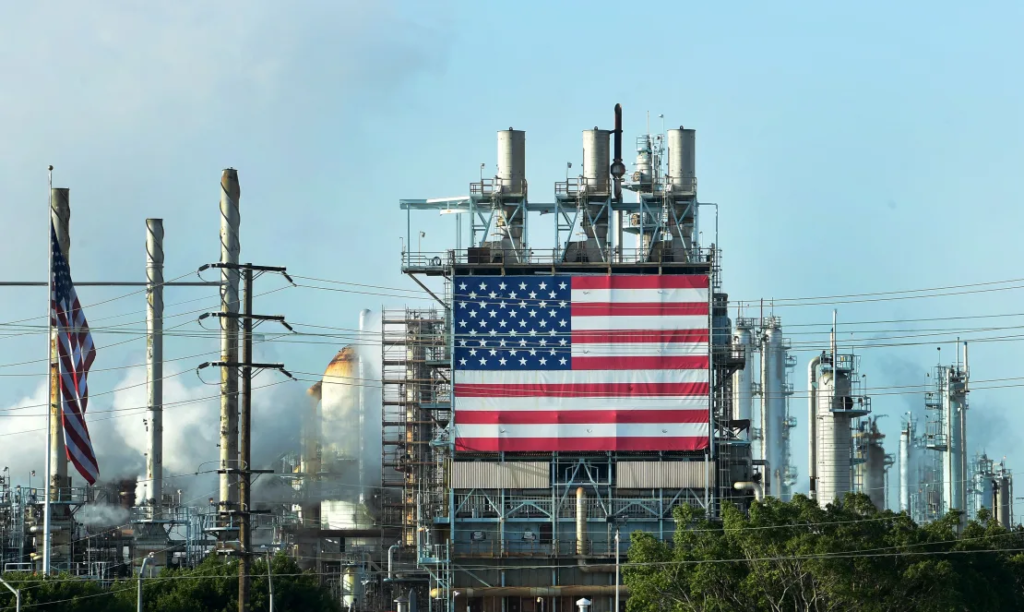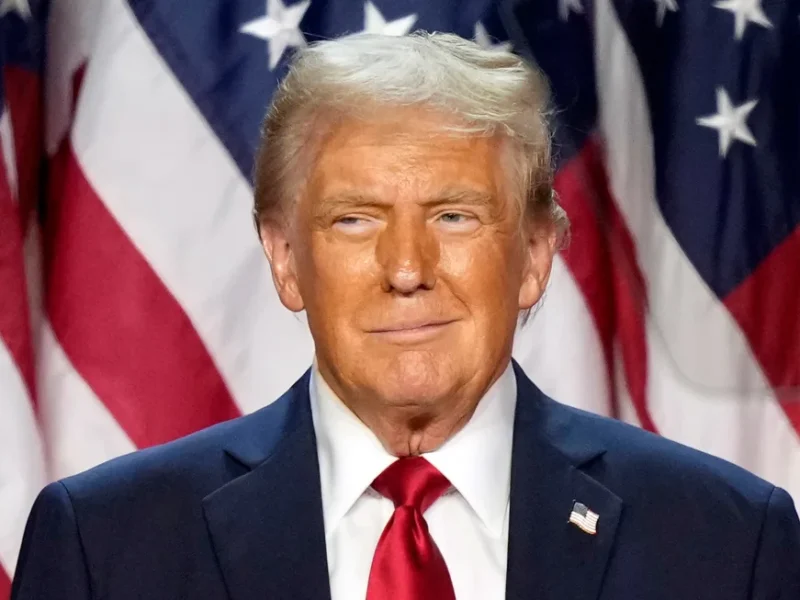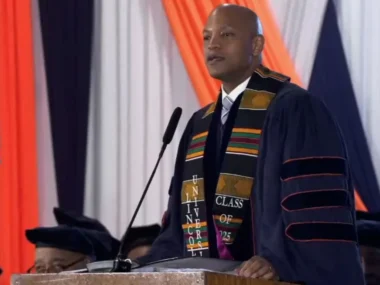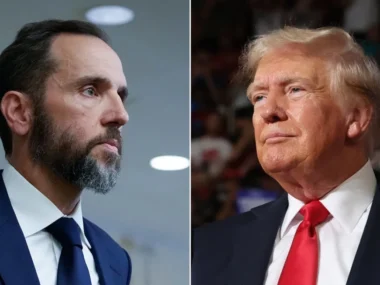As Donald Trump’s re-election stirs global concerns, diplomats at the COP29 climate talks in Baku, Azerbaijan, are apprehensive about his climate agenda. Trump has promised to exit the Paris Agreement again and revive his “drill baby, drill” policy to boost American oil and gas production. This shift could undermine global climate efforts, particularly as the U.S. is a major polluter and plays a key role in funding climate action in developing countries.
As the Biden administration nears its end, it is pushing to finalize climate funds and regulations, including a federal waiver for California’s emissions standards and a review on LNG exports. However, Trump’s potential policy reversal threatens to erode global climate commitments, with some countries likely to follow the U.S. lead. The failure to meet ambitious climate goals, especially the $1 trillion annual transfer from wealthy nations to support developing countries, could jeopardize efforts to combat climate change and assist vulnerable nations in transitioning to clean energy.
Leaders boycott yet another summit of oil-rich nations.
COP29 talks are off to a weak start, held for the third consecutive year in a petrostate, with Mukhtar Babayev, a former oil executive, presiding.
Notable absences include US President Joe Biden, France’s Emmanuel Macron, EU chief Ursula Von Der Leyen, and Mexico’s president Claudia Sheinbaum.
Several leaders who planned to attend canceled: German Chancellor Olaf Scholz after a government collapse, Dutch Prime Minister Dick Schoof due to domestic unrest, and Brazil’s President Lula after an injury. This leaves fewer strong voices on climate.
A surprise attendee is the Taliban, appearing as observers, marking their first multilateral event since taking over Afghanistan in 2021.

The US flag displayed at the Wilmington Oil Fields, south of Los Angeles, California.
Trump’s win and global unrest come at the worst time for the planet. 2024 will likely be the hottest year ever, with record hurricanes killing over 300 in the US alone.
The concern is that with little progress and an absent US, other nations might exit the Paris Agreement too. Jonathan Pershing warns that the biggest loss is America’s credibility for flip-flopping on promises, which took a year to rebuild after Trump’s withdrawal.
A key fear is China stepping up as a climate leader. It’s rapidly building renewable energy projects and selling them worldwide, making major strides in global influence.
The EU must also increase efforts to fill the leadership gap left by the US. As Li Shuo puts it, global climate politics needs at least two of three key players: the EU, China, and the US. In 2024, with greater urgency, climate inaction for another four years is riskier in an unstable world.
On course to exceed crucial temperature limits.
By year’s end, the world will reach the midpoint of a critical decade to combat climate change. Fossil fuel pollution must be halved within 10 years to avoid surpassing the 1.5°C warming limit, beyond which adaptation becomes difficult.
The planet is already 1.3°C warmer than pre-industrial times. Even with full implementation of Paris Agreement pledges, warming is expected to reach 1.9°C, and actual actions could push it to 2.3°C.
At 1°C of warming, extreme heatwaves that once occurred every 50 years now happen every 10. At 1.5°C, they occur every 6 years, and at 2°C, every 4. This shift would make extreme weather events more common, especially impacting poorer communities and those in developing nations who lack resources to cope.











